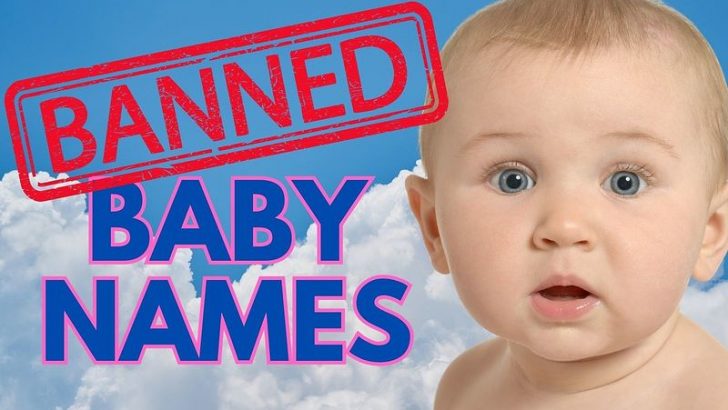In Colorado, certain baby names face restrictions due to cultural sensitivities and legal regulations. While parents strive for uniqueness, the state imposes these bans to uphold tradition and societal norms. This list uncovers twelve names deemed unacceptable in Colorado, reflecting diverse reasons behind each prohibition.
1. Adolf Hitler
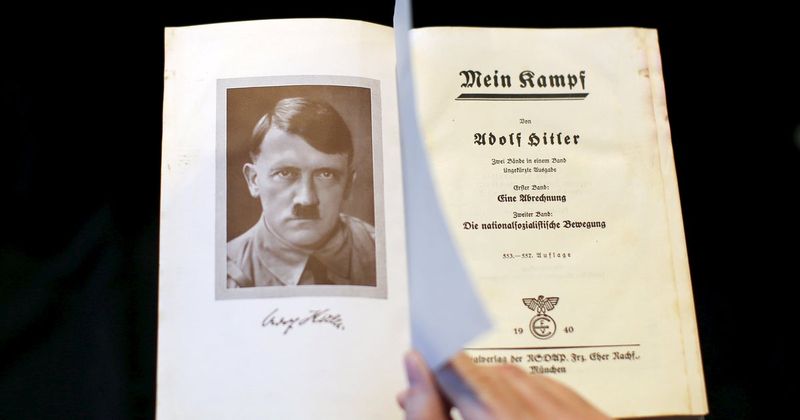
The name Adolf Hitler is synonymous with one of history’s darkest periods. In Colorado, naming a child after this infamous dictator is forbidden due to his association with atrocities during World War II. Known for his tyrannical rule and the Holocaust, Hitler’s name evokes strong emotions and memories of suffering and loss. Naming a child Adolf Hitler would be highly controversial, potentially leading to social ostracism and legal challenges.
Colorado’s decision to ban this name reflects a broader societal rejection of ideologies rooted in hate and division.
By outlawing such names, the state aims to promote inclusivity and peace.
2. Lucifer

Lucifer, often associated with the fallen angel and embodiment of evil, is another name banned in Colorado. While some might find allure in its rebellious undertone, the name carries heavy religious connotations that many find unsettling. Naming a child Lucifer could provoke strong reactions from communities rooted in religious traditions.
The prohibition of this name signifies an effort to prevent potential stigma and protect children from societal prejudice.
Colorado’s regulation reflects a desire to maintain harmony and respect for diverse beliefs while avoiding names that may incite controversy.
3. Messiah
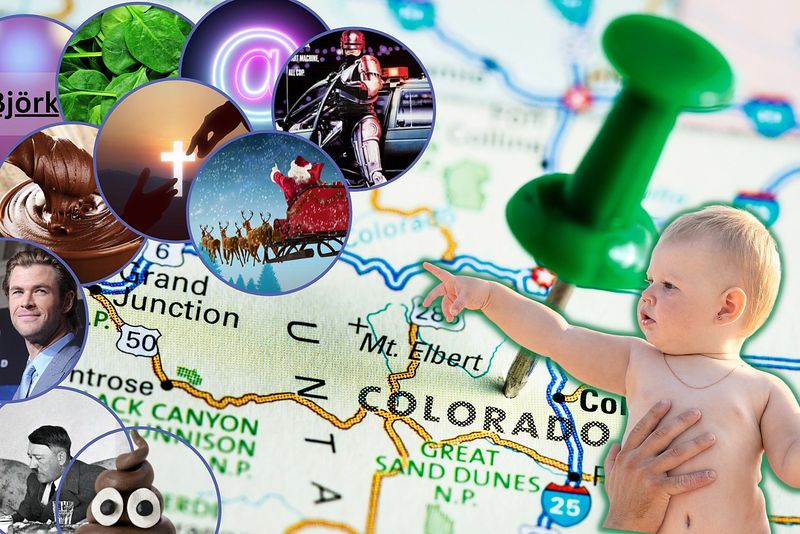
The name Messiah, denoting a savior or liberator, holds profound spiritual significance. In Colorado, this name is banned due to its strong religious implications and the belief that it may impose undue expectations on a child. Messiah is a title that carries weighty connotations of leadership and divinity.
Choosing it as a given name might be seen as presumptuous or disrespectful to certain religious groups.
By restricting this name, Colorado aims to uphold respect for religious sentiments and prevent potential conflicts arising from its misuse.
4. III
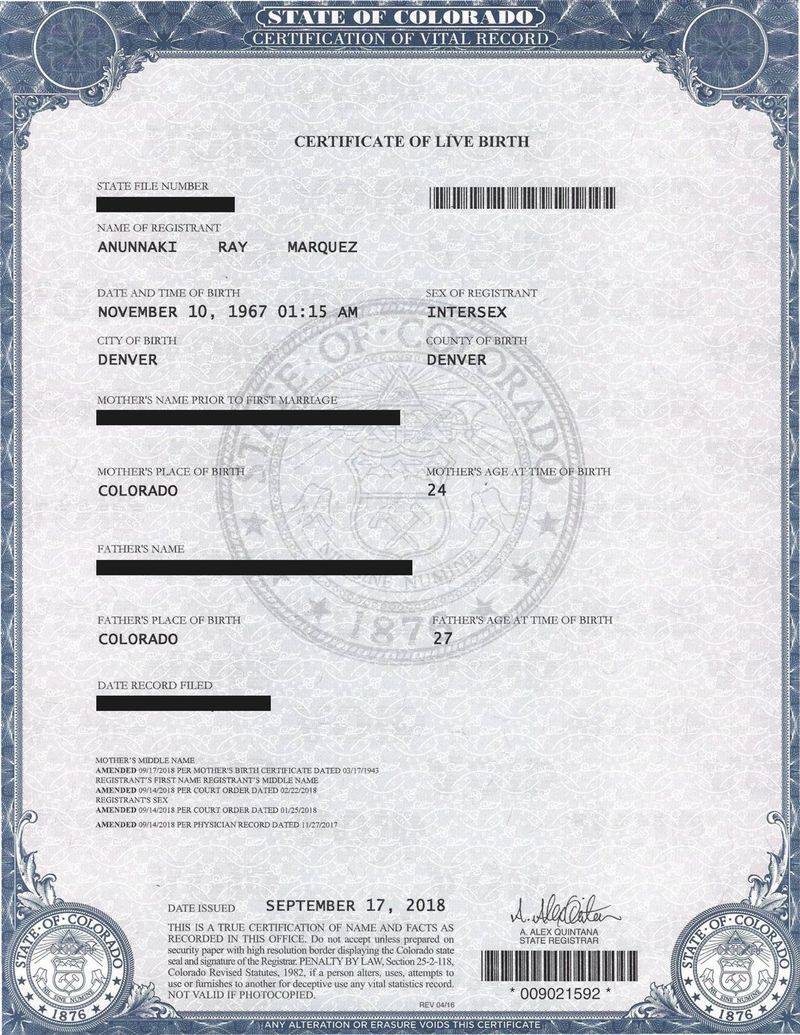
Naming a child simply “III,” as a standalone name, is not permitted in Colorado. The use of numerals as names is seen as unconventional and may lead to confusion in legal and social contexts. While suffixes like “Jr.” or “III” are common in familial naming traditions, they typically accompany a given name.
Using a numeral alone lacks the personal identity that traditional names provide.
Colorado’s ban on such names underscores the importance of clarity and individuality in naming conventions.
5. Santa Claus

Santa Claus, the beloved symbol of Christmas cheer, is a name that Colorado does not allow for children. Known worldwide as the jolly man who brings gifts to children, naming a child after Santa Claus might lead to unrealistic expectations and social challenges.
This name carries a commercial and mythical heritage that could overshadow a child’s personal identity.
By prohibiting this name, Colorado ensures that children are given names that allow them to forge their own paths, free from preconceived notions tied to such iconic figures.
6. Jesus Christ
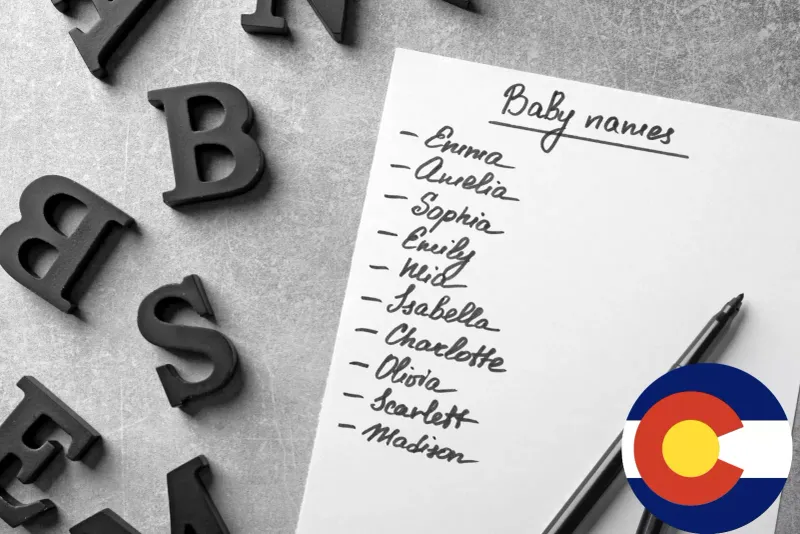
In Colorado, naming a child Jesus Christ is prohibited due to the immense religious reverence associated with the name. Jesus Christ is central to Christian belief as the son of God and savior of humanity. Using this name may be seen as irreverent or disrespectful by many religious communities.
The state’s decision to ban this name reflects a respect for religious traditions and a desire to prevent potential controversies.
By maintaining this ban, Colorado promotes a respectful environment for diverse faiths and beliefs.
7. 1069

The name 1069 is prohibited in Colorado as it consists solely of numbers, which deviates from conventional naming practices. Names serve as a key part of personal identity, and using numbers can create confusion and challenges in identification. While numbers may hold personal significance to some, they lack the individuality and cultural context of traditional names.
By banning numeric names, Colorado emphasizes clarity and the importance of meaningful personal identifiers.
This regulation ensures names carry the cultural and familial significance expected in societal interactions.
8. @

Colorado does not permit the use of symbols like “@” as a child’s name. Such symbols are integral to digital communication but are impractical and confusing when used as names. In the digital age, symbols carry specific meanings, often unrelated to personal identity.
Naming a child “@” could lead to complications in legal documents and social interactions.
By restricting symbols in names, Colorado ensures that children have names that are easily recognizable and functional within societal norms and communication standards.
9. Prince

The name Prince is restricted in Colorado due to its connotations of nobility and royalty. While the name might seem appealing for those wanting to bestow a sense of grandeur upon their child, it may also impose unrealistic expectations or assumptions of status. The title Prince is traditionally associated with hereditary royalty, which does not align with contemporary societal structures.
Colorado’s ban on such names reflects a desire to maintain egalitarianism and prevent potential social divides.
This regulation encourages names that foster individuality without societal pressures.
10. King

King, a name suggesting authority and leadership, is banned in Colorado. While some parents might choose this name to signify strength or prominence, it carries the implication of a title rather than a personal name. Such a name might lead to misconceptions or unrealistic expectations in social settings.
By prohibiting names like King, Colorado promotes a culture of equality and avoids hierarchical implications.
The ban encourages parents to choose names that celebrate individuality rather than societal status or power dynamics.
11. Queen

In Colorado, the name Queen is not allowed due to its association with regality and authority. While the name might evoke a sense of elegance and power, it also implies a status that does not align with democratic societal values. Naming a child Queen could lead to assumptions about their role or position in society.
Colorado’s decision to ban this name reflects a commitment to egalitarian principles and the avoidance of titles as personal identifiers.
This ensures that names serve as unique personal identities, free from societal classifications.
12. Majesty

Majesty, a name denoting grandeur and supreme authority, is banned in Colorado. Although it may sound majestic, the name carries connotations of monarchy and imperial rule. Such names can lead to inflated perceptions or expectations, which might not be conducive to social integration.
Colorado’s prohibition of names like Majesty underscores a preference for authentic personal names over titles that suggest superiority.
This regulation fosters a community where names reflect personal identities, devoid of hierarchical implications.

